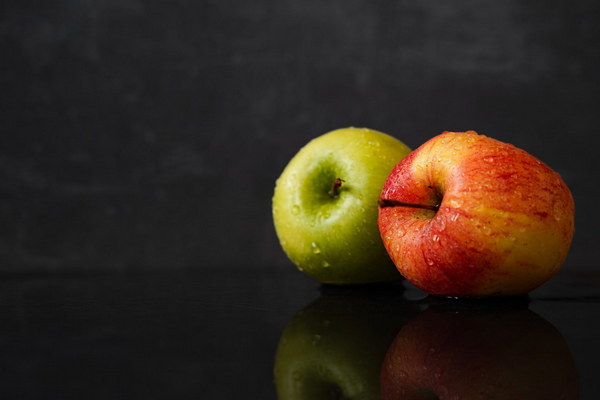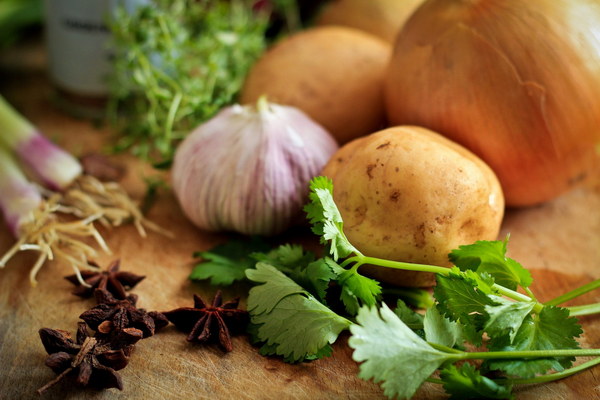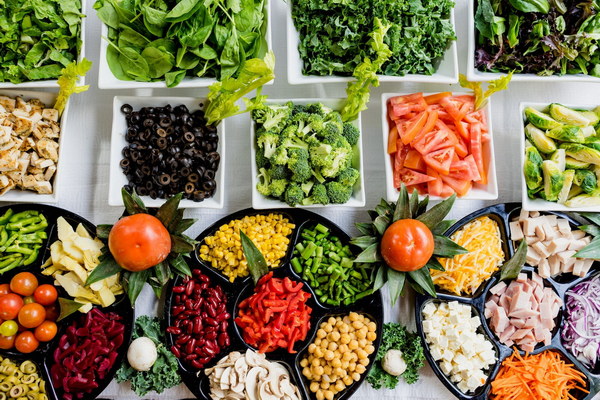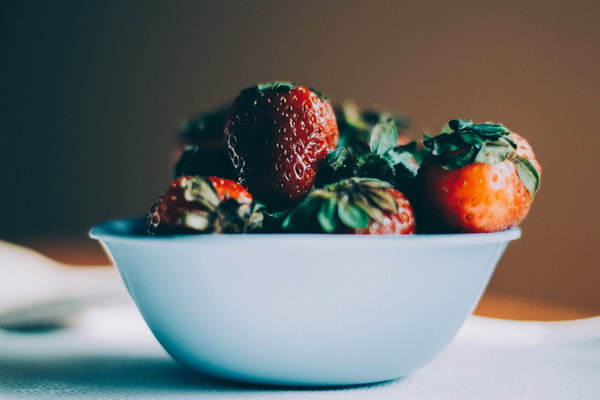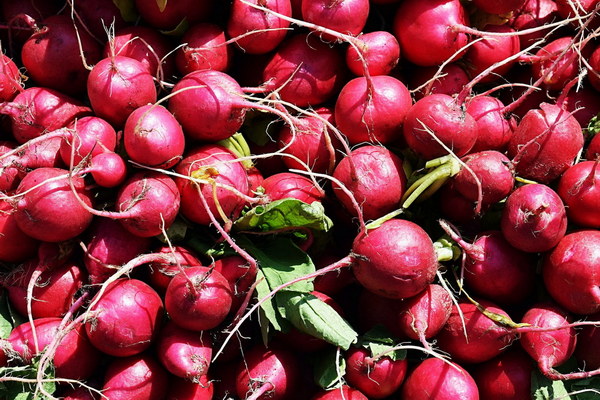Naturally Nourish Your Kidneys A Guide to DrugFree Kidney Care
In an era where medication is often seen as the quickest solution to health concerns, it's important to remember that there are natural ways to care for our bodies, including our kidneys. The kidneys play a crucial role in filtering waste and excess fluids from the blood, maintaining electrolyte balance, and producing hormones that regulate blood pressure and red blood cell production. Here’s a comprehensive guide to nurturing your kidneys without the use of drugs.

1. Stay Hydrated
The first step in kidney care is to ensure you're drinking enough water. Adequate hydration helps to flush out waste and toxins from the kidneys, reducing the risk of kidney stones and infections. Aim to drink at least 8-10 glasses of water per day, depending on your body size and activity level.
2. Eat a Balanced Diet
A well-balanced diet can significantly impact kidney health. Incorporate the following foods into your meals:
- Fresh fruits and vegetables: They are high in essential vitamins, minerals, and antioxidants that help protect the kidneys.
- Lean proteins: Opt for lean meats, fish, and plant-based proteins to reduce the workload on your kidneys.
- Healthy fats: Use olive oil, avocados, and nuts to add flavor to your meals and provide a source of omega-3 fatty acids.
- Low-sodium foods: Excess sodium can lead to high blood pressure, which puts stress on the kidneys. Choose low-sodium or no-salt-added options when possible.
3. Limit Kidney-Straining Foods
Certain foods can strain the kidneys and exacerbate kidney disease. Try to minimize the following:
- High-protein foods: Excessive protein intake can lead to the accumulation of waste products, which can be harmful to the kidneys.
- High-sodium foods: These can contribute to high blood pressure, which is a risk factor for kidney disease.
- High-purine foods: Purines break down into uric acid, which can form kidney stones. Examples include organ meats, red meats, and seafood.
4. Exercise Regularly
Regular physical activity can improve kidney function and reduce the risk of kidney disease. Aim for at least 150 minutes of moderate-intensity aerobic exercise or 75 minutes of vigorous-intensity exercise per week, along with muscle-strengthening activities on two or more days per week.
5. Manage Chronic Conditions
Chronic conditions such as diabetes and high blood pressure can significantly impact kidney health. Work with your healthcare provider to manage these conditions effectively, as poor control can lead to kidney damage.
6. Avoid Smoking and Limit Alcohol
Smoking and excessive alcohol consumption can damage the kidneys and worsen kidney disease. Quitting smoking and limiting alcohol intake can help protect your kidneys.
7. Get Regular Check-ups
Regular kidney function tests, blood pressure screenings, and other health assessments can help detect early signs of kidney disease. Early detection and management can significantly improve outcomes.
8. Practice Mindfulness and Stress Reduction
Stress can affect kidney function and contribute to the progression of kidney disease. Practices such as meditation, deep breathing exercises, and yoga can help manage stress and promote overall kidney health.
By adopting these natural kidney care strategies, you can help protect and maintain your kidney health without relying on medications. Remember, it’s essential to consult with a healthcare provider before making significant changes to your diet, exercise, or lifestyle. Together, you can create a personalized plan to support your kidney health for years to come.



